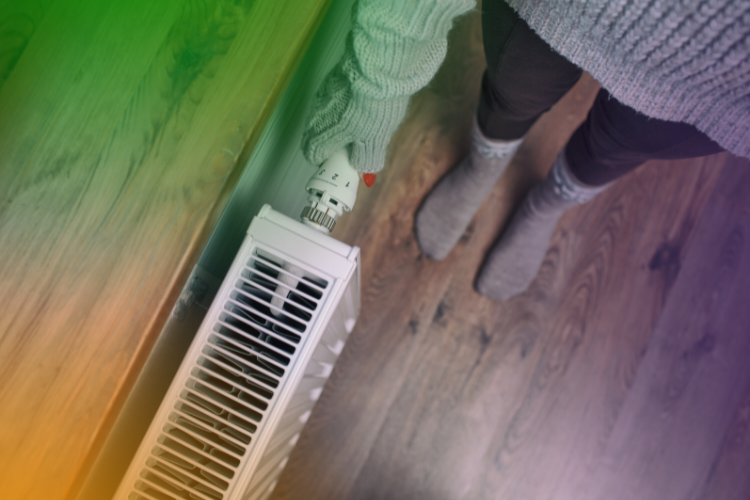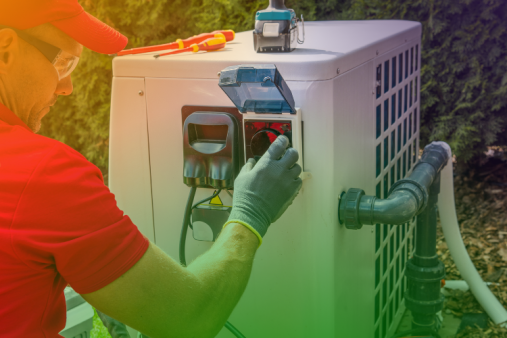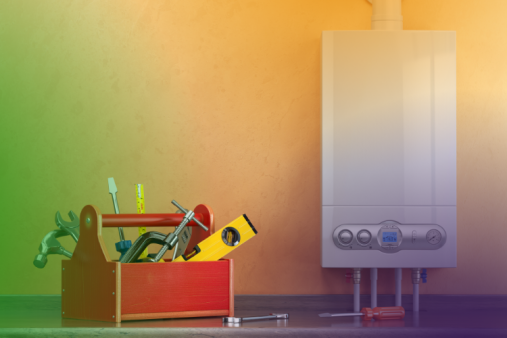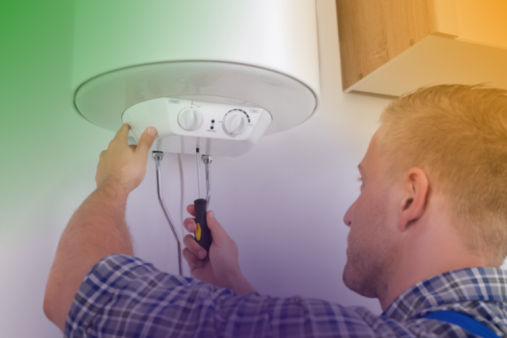How much does central heating cost?
Central heating is a great way of making your house warm and cosy whatever the weather outside, but installing it can cost anything upwards of £3,000, depending on the size of your house and the type of boiler and radiator you choose.
Central heating, whether gas or oil fired, is by far and away the most economical and effective way to heat your home.
90% of us already have central heating installed in our homes, so the main reasons why people decide to install a new system is because they are renovating an older property which does not have central heating, or because they are upgrading their existing system to something more efficient and modern.
Average cost of installing central heating system
In a home where there has been no central heating system installed previously, the average cost of installing a system is £3,300.
There are however lots of ways to cut these costs, but getting the best deal and finding out about the grants and incentives available is not an easy task.
The first point of confusion is that there is no one rule which applies to all of the UK. Grants and incentives vary between Scotland, England, Wales and Northern Ireland, and even between different council areas.
Therefore the best thing to do when beginning to research what sort of assistance is available locally is to look on local Council websites, on the website of whoever supplies your electricity and gas, or using specific search terms for the region of the UK in which you live.
Income and central heating grants
Many of the grants on offer are available only to people who fall into certain income groups or are in receipt of certain benefits.
This is a constantly shifting situation as new government incentives come online, cut backs remove other entitlements, and the criteria for receiving benefits like tax credits or pension credits change too.
Take care when looking online for information as many web pages are out of date and never commit to any expensive work before getting details of any grants or incentives in writing.
Age of boiler impact
The idea behind giving grants and incentives for central heating is to enable people to upgrade from very old, broken or inefficient boilers to something which is a lot more energy efficient.
Central heating boilers are rated on an A to G scale, and grants are really only available to replace boilers which fall into the F or G ratings.
Energy companies have their own criteria when it comes to determining who qualifies for a new boiler so it is worth making a few phone calls to energy companies in the local area to see what is on offer.
Related measures
There is no point in installing new central heating if all of the heat is disappearing through the walls or ceiling because you have no insulation.
Many of the energy companies are offering cavity wall or loft insulation even if you don’t fall into one of the categories for a new boiler.
Increasing insulation will keep your home warmer and allow you to reduce how much you are using your boiler and also your heating bills.
Calculating the costs of central heating installation
The price of any new central heating system is going to depend on whether or not there has been central heating previously in the house.
Installing new radiators, boilers and pipes in a home which already has the pipework installed and gas coming into the house to the boiler is going to be cheaper than installing in a house where all the pipework has to be put in from scratch.
In a home where there has been no central heating system installed previously, the average cost of installing a system is £3,300.
Reusing existing items
If you have decided to replace your central heating system in a home where there are pipes and boiler already, it is important to speak to a plumber or heating engineer to see if there are any elements of your existing system which can be salvaged to use again.
Being able to reuse a radiator can save up to £200 for each radiator reused, and if pipework is up to scratch there is no point in ripping out perfectly good pipes and replacing them. Getting a full breakdown in costs on a quote will help you make the most cost effective decision.
Central heating installation labour costs
Working with gas and installing your new central heating system yourself is not something that even an experienced DIY enthusiast can do by themselves.
In order to work on gas boilers heating engineers have to be registered with Gas Safe, and the average cost of labour for a new central heating system is over £800.
This is just an average price, and if you live in a large house with lots of radiators to be replaced or if you are installing a central heating system from scratch, labour costs alone could run into the thousands of pounds.
Cost of parts
A new boiler for your central heating system can cost anything between £600 and £1500, depending on the capacity you require and the brand of boiler which you choose.
Some grants are available towards replacing very old boilers, and many companies will allow you to spread the cost of the boiler on a credit agreement.
When asking for quotes to have your new central heating system installed, always get a detailed breakdown of the price per radiator installed, or how much it would be to have a thermostatic valve installed on each radiator, so that if you change your mind about the specification at a later date you will know exactly what it will cost you.
Agree a fixed price for the job up front with your heating engineer, and never pay in full before work starts.
Spreading the cost of central heating installation
If you can't get a new boiler, or free insulation, then one of the things you can do is spread the cost of this major investment.
Get a new credit card with 0% interest and pay it off every month, or ask the energy company if they offer any finance packages to spread the cost over several months or years.
If none of this is possible, just start putting aside as much as you can afford each month to try to save the old-fashioned way.








